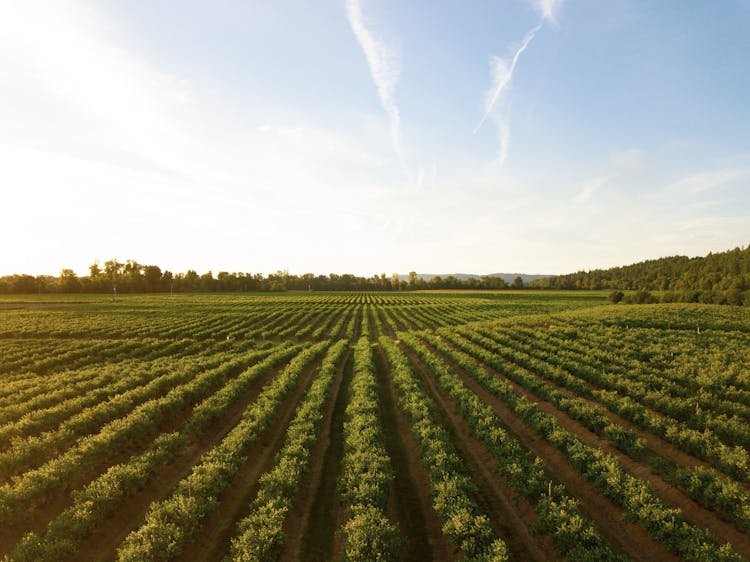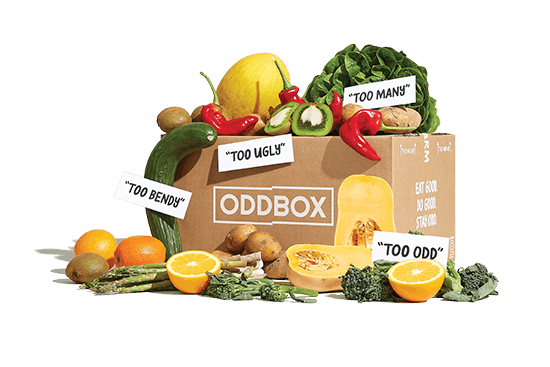Net-Zero Hero
‘Mission Zero,’ the independent review of the government’s net-zero strategy, is out – and it’s got plenty of proposals to “turbocharge” the UK’s climate action to reach the goal of net-zero by 2050.

NET-ZERO, NATURE, AND FOOD
Calling net-zero “the growth opportunity of the 21st century,” the report has garnered praise from environmentalist groups in support of its focus on the benefits to the economy. The review contains a total of 129 recommendations, ranging from increased solar capacity to switching to gas-free homes.
So what are some key proposals in terms of food and nature? They hinge on an updated land-use strategy, with the review calling for plans to be finalised by this year. “The UK can be genuinely world leading in restoring nature and supporting net zero farming,” said Lydia Collas, policy analyst for Green Alliance. “But we need a plan to make a success of how we use land to restore nature, cut carbon, and grow food”.
A critical step – which the review also recommended – is that the government has now published extensive details of environmental land management schemes, aka ELMs. These schemes reward farmers for farming in a more environmentally sustainable way – from restoring wildlife habitats to mitigating flood risks. “There’s something for everyone in our schemes and grants,” announced the Department for Environment, Food and Rural Affairs.
ECOLABELLING VS. GREENWASHING
‘Mission Zero’ urges the government to utilise “ecolabelling” to help people “make more informed purchasing decisions”.
“Consumers have the right to this information,” said Shaunagh Duncan, Oatly’s head of sustainability for the UK. In Europe, two-thirds of shoppers are in favour of carbon labelling. The European Commission, however, has found that more than half of green claims of various products are misleading.
“As more people than ever try to do their bit to help protect the environment, we’re concerned many shoppers are being misled,” said Sarah Cardell, chief executive of the UK Competition and Markets Authority, which recently announced it would examine various food and drink products for including “broad eco-statements”.
With the net-zero review’s push for standardised environmental labelling on as many goods as possible by 2025, are there some major changes in store for what it says on the tin?
YOU ARE WHAT YOU EAT
Emblazoning a burger with a “high climate impact” label persuaded 23% more people to steer clear of red meat, according to a new study. “These results suggest that menu labelling, particularly labels warning that an item has high climate impact, can be an effective strategy for encouraging more sustainable food choices in a fast food setting,” said Dr Julia Wolfson, lead author of the study.
When it comes to guiding choices, big corporations are also making moves. British broadcast company Sky has partnered with Foodsteps – a platform that calculates the environmental footprint of food – to add carbon labelling to all food served to staff at their restaurants.
It’s not just about calculating a food’s carbon footprint, though. Doing away with Use By date labels – on certain foods, of course – is a critical step towards fighting food waste and the related environmental impact. With Asda’s recent switch to Best Before labelling for its yoghurt, it joins the swelling ranks of other major supermarkets either switching to or scrapping Best Before dates on some products.
Speaking of expiry dates? The Gov is facing a March deadline to update its Net-Zero Strategy. While it remains to be seen which recommendations will be adopted, the report calls for 25 actions within two years in order to hit those net-zero targets.
One thing is certain: speed is key.

